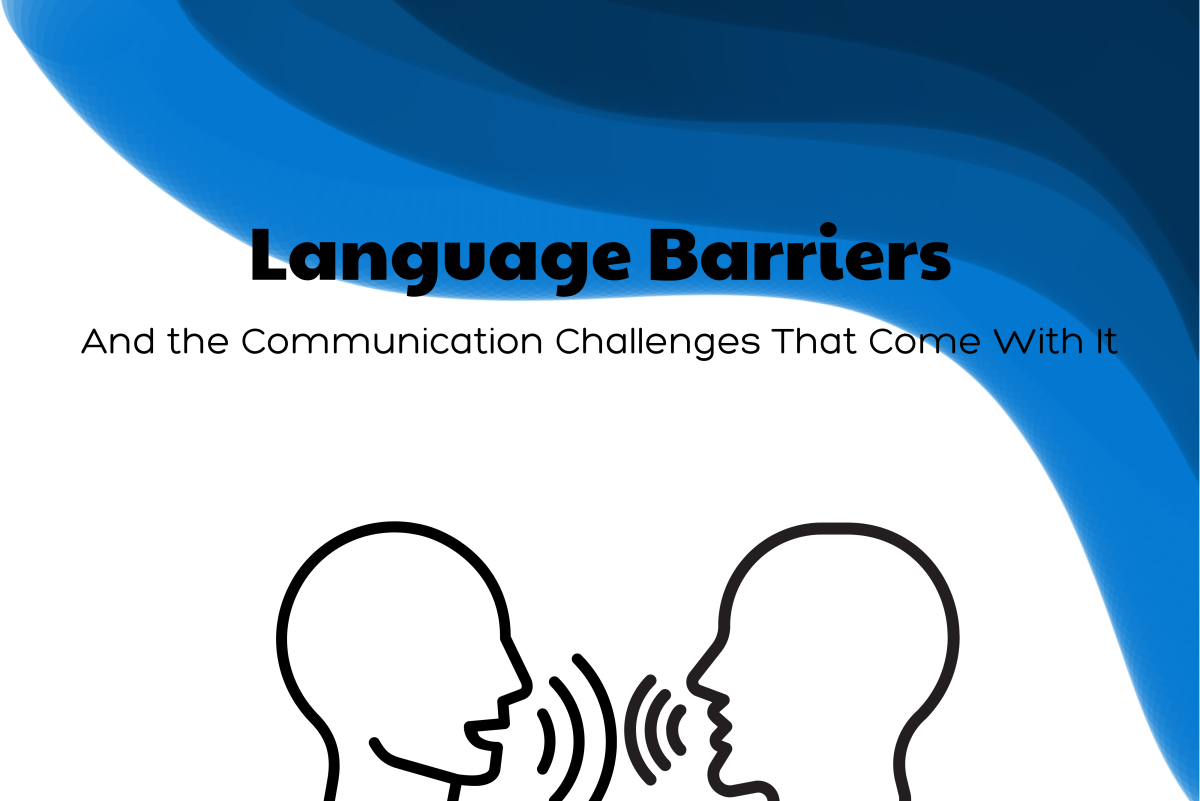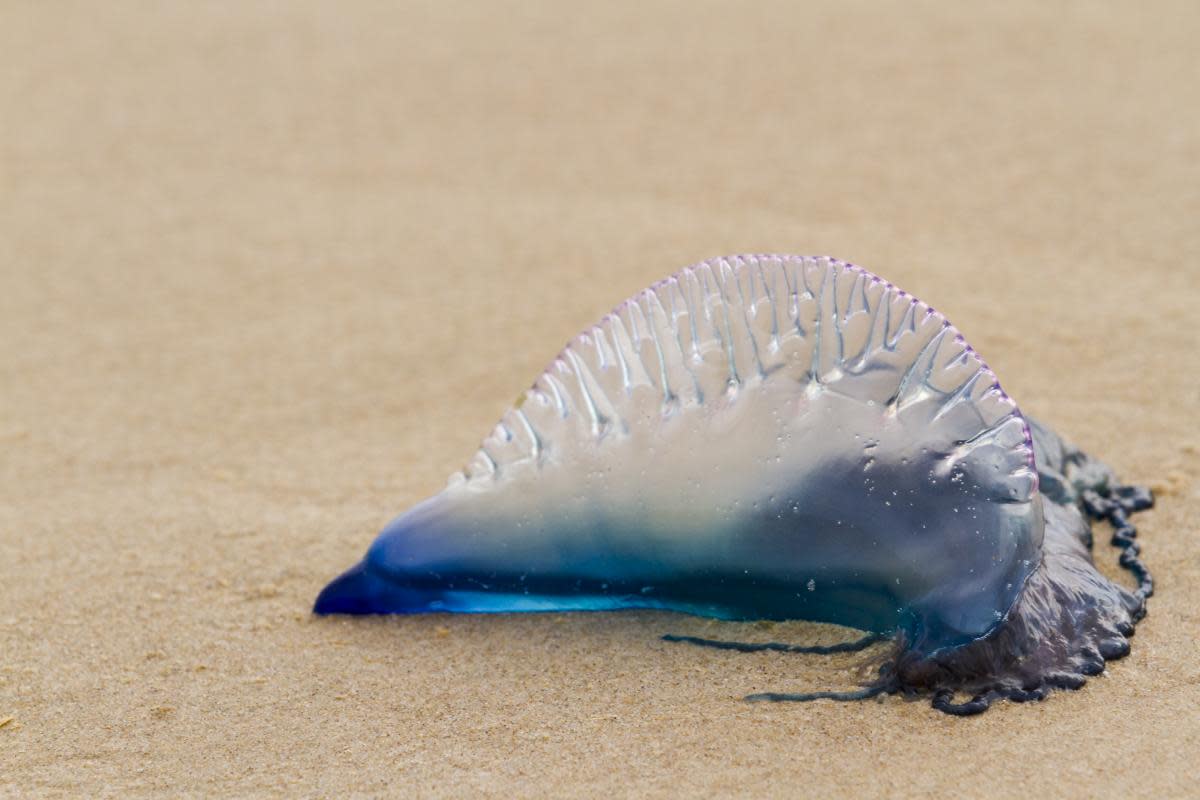4 Types of Animal You Wouldn't Believe Have Their Own Languages
Whales Have Accents
Perhaps the most obvious addition to this list is whales. Everyone has heard of whale songs--those haunting, melodic structures that are found backing the new age music at the yoga studio--and most people are aware that they are a complex form of communication. However, there are two clear facts that elevate this from "mildly interesting" to "incredibly fascinating": each whale has their own song and whales have their own dialects. Whales from one region rather than another, even if they are the same or similar species, will not understand each other--hinting that the complexity of their language is beyond what we currently comprehend.

Of an even greater concern, this also means that whales often cannot integrate into pods that they are not a member of. The whale dubbed by researchers as "Alice" communicates on a very slightly different frequency from most whales, and thus has remained completely solitary. Whether she has a deformity, has been affected adversely by technology or is simply a jerk is a question beyond science's capability to answer.
Bees Communicate Through Interpretive Dance
Bees have a complex language composed of gestures and taps that they use to convey large volumes of information. Imagine if, every morning, Jerry from accounting walked up to you and tap danced to let you know where to pick up your payroll check--and your check is somewhere in Nicaragua. Bees deal with this every single day, and then we try to swat them when we see them. Bees are able to direct their colony to resources that are incredible distances away. Oh, and they also do this while singlehandedly sustaining the majority of our ecosystem. But sure, get out that can of raid.

Scientists term this type of communication a "waggle dance," showing that once again, scientists love coming up with terms that the rest of us feel silly using; it's their way of ensuring job security. While the waggle dance isn't always conducted with a hundred percent accuracy, our personal research shows that it's still better than trying to communicate via text to those of the voice call generation. Maybe the bees just need need some emoticons?
Caribbean Reef Squid Will Conquer Us All
The more a person learns about squid, the more they start becoming desperately concerned for the future of human evolution. While not as intelligent as the octopus, squid are still oddly mysterious if sometimes delicious creatures that sometimes, oh, appear as gigantic underwater terrors. Not only are squids literally the stuff of mythology and legends, but it also turns out that they can communicate through a language composed of colors, shapes and texture changes.

Do you sometimes have long, convoluted conversations with your dog or cat?
That's right: the language of the Caribbean reef squid is essentially one long, prolonged asset trip. It's like if you went up to the barista and ordered your next venti mocha cappuccino by turning orange, extending both arms and then going completely boneless. There would either be far fewer coffee orders, or much higher coffee shop wages.
Mustached Bats Chatter in the Dark
Mustached bats--the very phrase turns something that should be essentially a flying rodent into an adorable character from a cartoon show. Of course, leave it to nature to always be significantly more horrifying than it has to be. What mustached bats lack in elegance, however, they make up in their communication strategy. The mustached bat is reported to have a language composed of 33 sounds, which can be arranged in various sequences as though they were complex syllables.

The actual language of the mustached bat is not well understood; we can only assume because researchers immediately shriek in terror and run away. Until we can properly study them, colonies of mustached bats lie in the dark, echolocating to each other from the shadows and waiting until the day that the elder Gods will rise.








